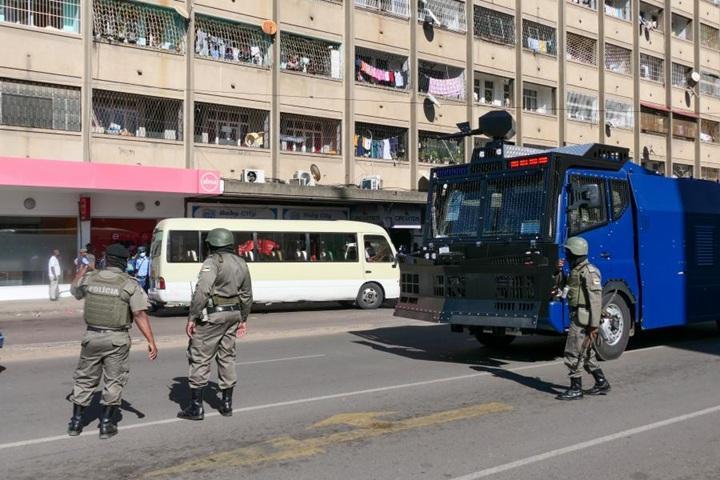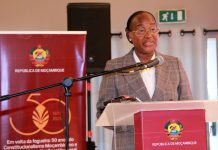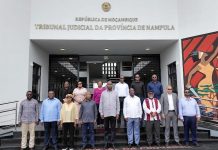Africa-Press – Mozambique. Mozambique and Angola are among the African countries most affected by organised crime, according to the Africa Organised Crime Index 2025, released on Monday in Nairobi, Kenya.
The report, presented at the ENACT (Enhancing Africa’s Response to Transnational Organised Crime) conference, measures levels of organised criminality and resilience across African countries on a scale from 1 to 10.
The African assessment follows the global report launched on 10 November, which also includes the scores for Portugal, Timor-Leste and Brazil.
Mozambique, with a score of 6.63, is ranked eighth among the African countries with the highest levels of organised criminality, in a list headed by the Democratic Republic of Congo (DR Congo) with 7.47. Mozambique recorded a rise of 0.43 compared with 2023, the year in which the previous organised crime index was published.
On the other hand, Mozambique obtained a resilience score of 3.25 — a decrease of 0.05 since the last report — making it the worst-performing Portuguese Speaking African Country (PALOP) country in the high-criminality and low-resilience quadrant.
Angola has a criminality score of 5.62, an increase of just 0.04 over the past 24 months, but still above 5.5 — a level that specialists consider to demonstrate that organised crime “significantly influences” the country, according to the report. Angola’s resilience score stands at 4.21, 0.29 lower than in 2023.
Brazil, which is not included in the African report, has a criminality score of 7.07 — up 0.30 — making it the 14th worst-ranked country globally, in a list led by Myanmar (8.08). It is also the Lusophone country with the highest score. In terms of resilience to organised crime, Brazil scored 5.04, an increase of 0.14 over two years.
Despite being placed in the high-criminality and low-resilience quadrant, Angola and Brazil are positioned close to the “safer quadrants” (criminality below 5.5 or resilience above 5.5). A total of 66 countries (34.2%) fall within this category.
Rumbi Matamba, the analyst responsible for presenting the report, told Lusa that the index does not measure overall security levels, but stressed that countries should aim to move into the quadrant of low criminality and high resilience to organised crime.
Across Africa, only three countries are located in this “ideal quadrant”, with Cabo Verde performing the best, scoring 4.08 for criminality and 6.54 for resilience. The other two are Senegal and Mauritius. Only 46 countries (23.8%) worldwide fall into the group with criminality below 5.5 and resilience above 5.5.
The analyst cautioned that the raw values do not tell the full story, noting that “there are 12 indicators, and an increase does not necessarily reflect a change in a single indicator — it is an average of all 12. The dynamics are complex, particularly when assessing where each country improved.”
Among the Portuguese-speaking countries, Cabo Verde and Portugal are placed in the “ideal quadrant”. São Tomé and Príncipe, Timor-Leste and Guinea-Bissau, with criminality and resilience scores below 5.5, are in the “safe quadrant”.
The Organised Crime Index is published by the European Union-funded ENACT programme (Enhancing Africa’s Response to Transnational Organised Crime) – run by the Institute for Security Studies (ISS), INTERPOL and the Global Initiative Against Transnational Organized Crime (GI-TOC), of which Rumbi Matamba is a member.
For More News And Analysis About Mozambique Follow Africa-Press






